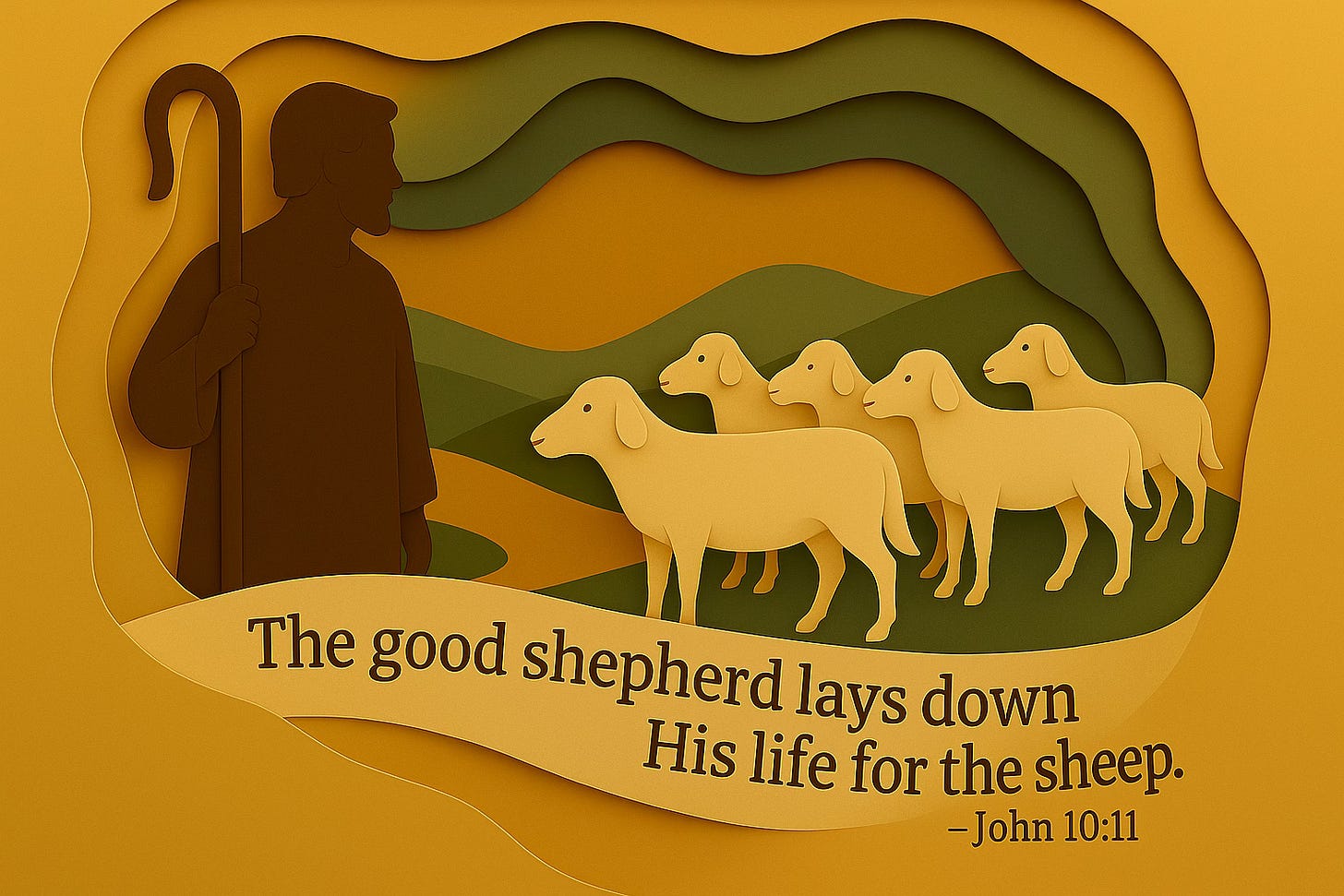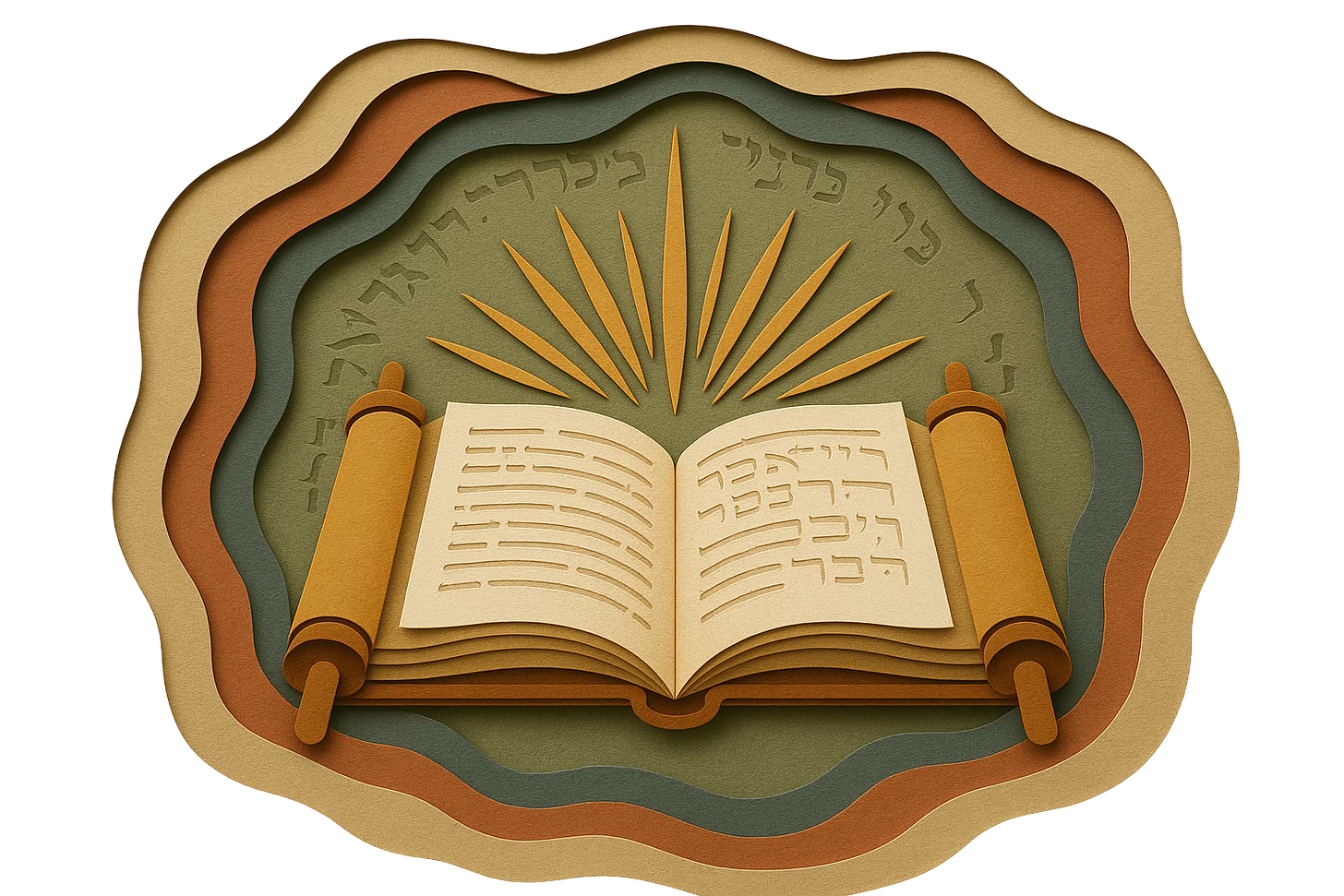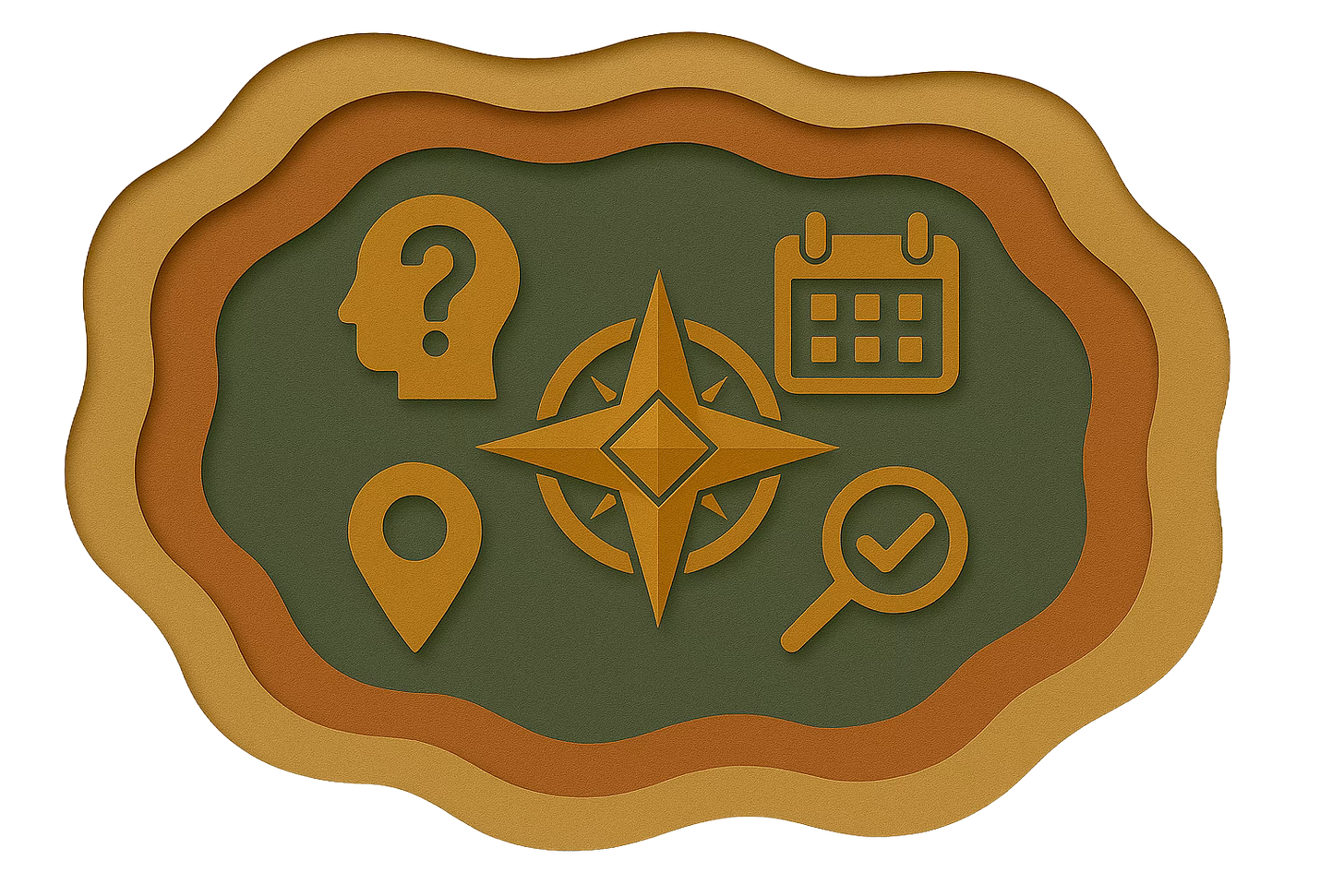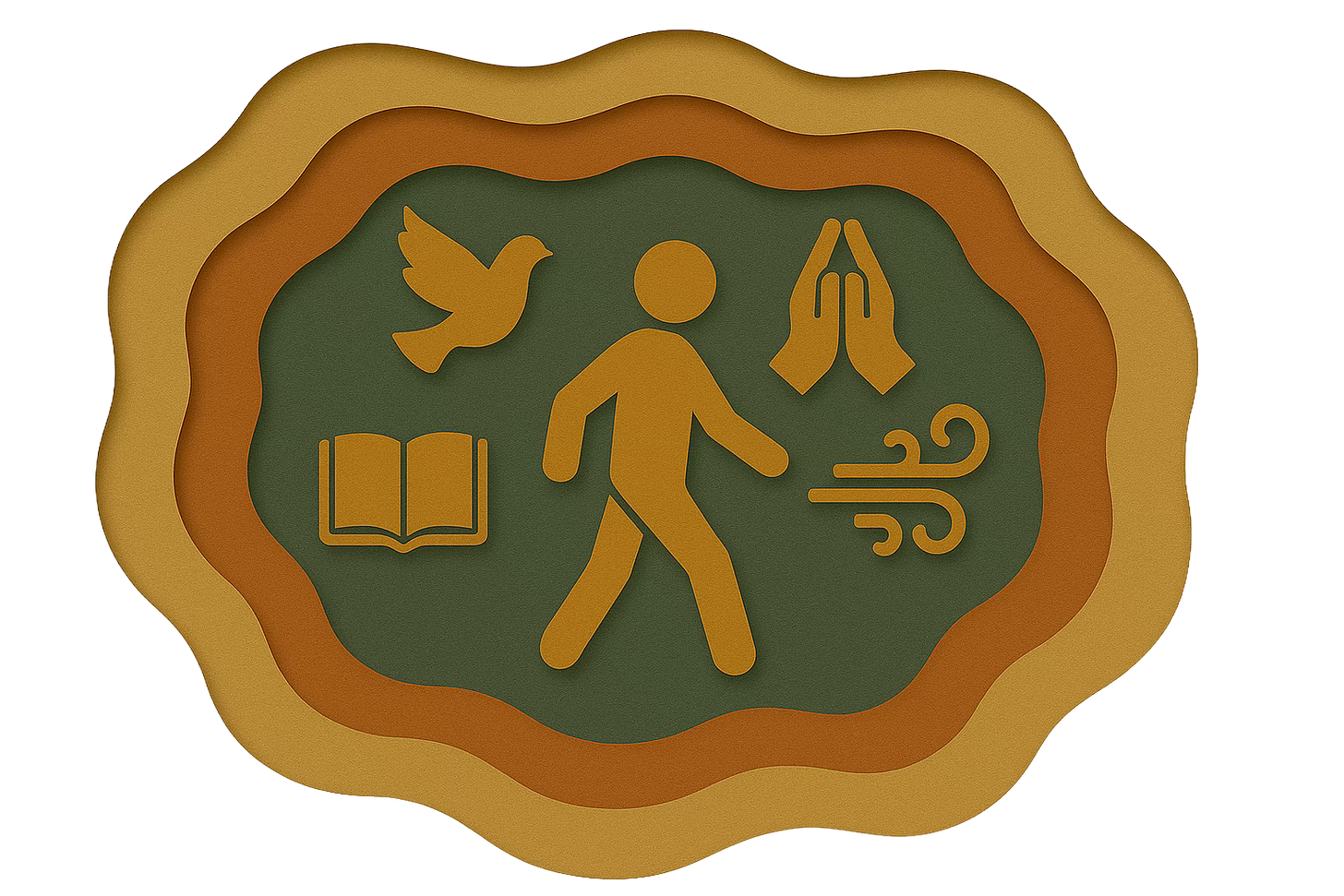The Good Shepherd Series: Part 3 - The Shepherd Who Lays Down His Life
Sacrificial love, intimate knowledge, and resurrection power.
The Good Shepherd Series
Part 3: The Shepherd Who Lays Down His Life
John 10:11–18
Sacrificial love, intimate knowledge, and resurrection power.
Scripture: The Living Word
Featured Passage: John 10:11–18
Key Verse:
“I am the good shepherd. The good shepherd lays down his life for the sheep.” — John 10:11
Yeshua now makes His boldest claim yet: “I am the good shepherd.” This isn’t just a gentle metaphor—it’s a Messianic declaration that would have echoed powerfully to those who knew the promises of Ezekiel and the psalms. In a world of hired hands, indifferent leaders, and spiritual predators, Yeshua presents Himself as the one who lays down His life—not just for a cause, but for His sheep. This passage is the heartbeat of the Good Shepherd discourse.
Context: Behind the Words
Yeshua’s words stand in contrast to the spiritual leaders of His day—those He calls “hired hands” who flee when danger comes. He echoes prophetic warnings from Ezekiel 34 and Jeremiah 23:1–4, where false shepherds are condemned for exploiting rather than protecting the flock.
By calling Himself the “good” shepherd, Yeshua uses the Greek word καλός (kalos), meaning noble, excellent, or beautiful—not just morally upright, but attractive in character. This good shepherd is defined by two things:
He lays down His life willingly and repeatedly (see John 10:17–18)
He knows His sheep intimately, just as the Father knows Him.
Word Study:
Good in Greek: καλός (kalos) — beautiful, noble, excellent in nature (John 10:11)
Lay down in Greek: τίθημι (tithēmi) — to set, place, or appoint. Yeshua's death isn’t an accident but a deliberate act.
Know in Hebrew: יָדַע (yada) — intimate, covenantal knowing (Genesis 4:1); in Greek: γινώσκω (ginōskō) — to know through experience (John 10:14).
Covenant: The Relational Core
Yeshua’s self-sacrifice is not just heroic—it is covenantal. He doesn’t flee when danger comes; He absorbs it. This is not like the priests who served out of duty or rulers who reigned for gain. This Shepherd lays down His life because He knows the sheep—and because He is known by the Father.
This echoes the substitutionary love described in Isaiah 53:
“He was pierced for our transgressions… and Yahweh laid on Him the iniquity of us all.” — Isaiah 53:5–6
But it goes further—Yeshua has the authority to take His life up again. This introduces the covenantal power of resurrection, making His sacrifice not just substitutionary, but victorious.
Practice: Living It Out
Practical Example: Self-Giving in a Self-Promoting World
Picture a healthcare worker in a crisis zone who stays long after her shift ends, not for applause or pay, but because she knows her patients and refuses to abandon them. In a culture of hired hands—where many serve only when it's convenient—the good shepherd lays down His life out of love, not obligation. Yeshua does not clock out. He enters danger for the sake of the ones He calls His own—and then overcomes death on their behalf.
Three Takeaways
Yeshua’s sacrifice is both willing and powerful. He lays down His life—and takes it up again.
Knowing the Shepherd is deeply relational. It’s not about labels or systems but being known by Him and following Him.
False shepherds abandon when the cost is too high—but the Good Shepherd stays.
Three Practical Applications
🪞 For Yourself: Reflect on what it means to be truly known by Yeshua. Are there parts of your life you withhold from His voice and care?
🤝 For Others: Look for someone under pressure or in crisis—and show up with tangible support. Don’t flee when it’s inconvenient.
🙏 With Yah: Thank the Father that Yeshua laid down His life for you. Ask Him to deepen your trust in the Shepherd’s love and power.
Discussion Questions
How does the image of Yeshua as a willing sacrifice challenge or deepen your understanding of His death?
What does it mean to be “known” by the Shepherd—and how does that differ from simply “believing”?
How can we imitate the Good Shepherd when others around us are tempted to quit or self-protect?
Closing Blessing
May you rest in the knowledge that you are fully known and completely loved.
May the voice of the Shepherd quiet every fear, and His sacrifice anchor your hope.
And may the power that raised Him from the grave lead you in the way of life.
Amen.






